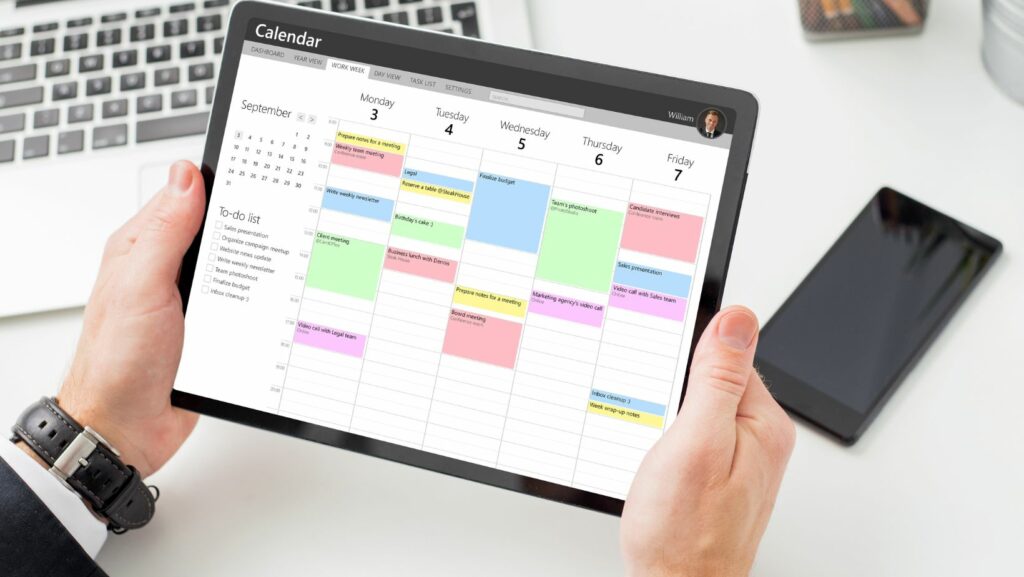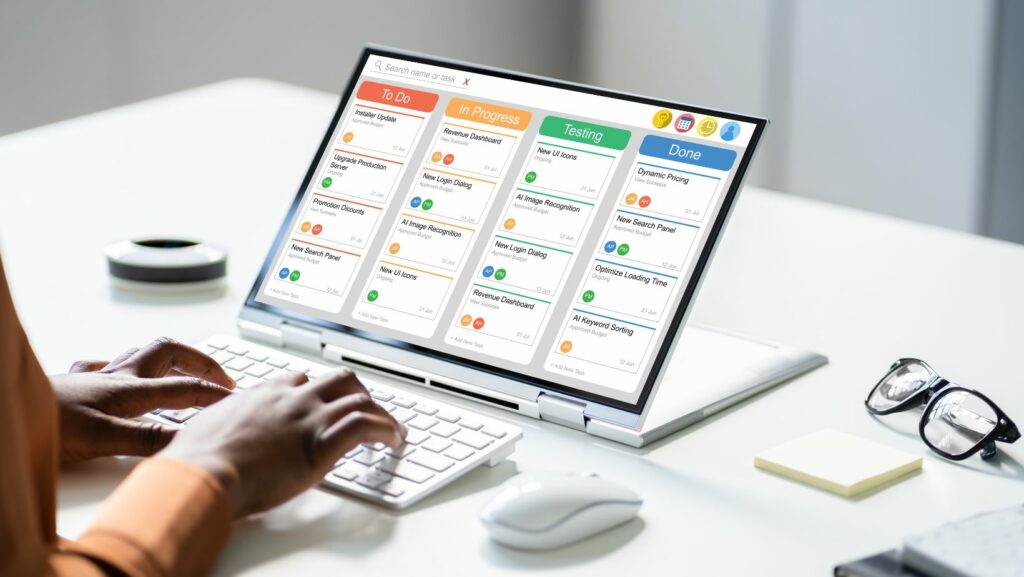Stress Management Apps
Stress management apps operate based on techniques that aid in relaxing the mind and body. Meditation sounds, perhaps waves lapping against the shore or rain falling gently on leaves, are common features. They use calming imagery, like peaceful landscapes, to evoke serenity. Some provide guided meditations, enabling users to engage in deep relaxation exercises. Few apps offer mood tracking, which helps users observe patterns in their mood, trace stress triggers, and establish better coping mechanisms. In short, they provide vital resources to navigate stressful situations with ease and grace.
In the era of increasing workplace stress and deteriorating mental health, stress management apps serve as a beacon of restorative light. They bolster resilience by providing coping strategies for stress, essentially transforming one’s relationship with stress and anxiety. Data from app analytics firm app annie shows that downloads of such apps have surged over 25% in the past year, signifying their growing acceptance and relevance. Collectively, these apps bolster the drive towards a more mindful, resilient, and relaxed society.

Good Stress Management Apps
This section further extends the knowledge shared in the previous sections, focusing on some of the top-rated stress management apps.
Headspace, a certified stress management triumph, bases its approach on mindfulness. It offers sessions aimed at beginners, ensuring no one feels overwhelmed. Users can unlock hundreds of meditations with diverse themes, including anxiety, stress, and sleep. A unique distinguishing feature of this app is its offering of ‘Mindful Moments’ to keep users centered throughout the day. Plus, they’ve also got a collection of sleep music and stories, catering to those who struggle with restlessness at night.
Designed with an aesthetic interface, Calm brings a blend of mindfulness and relaxing sleep patterns to its users. It provides guided meditations of varying lengths, suiting those with tight schedules. Calm stands out with its ‘Sleep Stories’ offering, which includes a variety of soothing tales read by celebrities like Matthew McConaughey. It features daily ‘Calm Moments,’ meditative snapshots for users to break away from their stressful routines —ideal for implementing short and swift mindfulness into everyday lives.
Pacifica aims to break the continuous loop of stress and anxiety by offering a toolset based on Cognitive Behavioral Therapy (CBT) techniques. It provides daily mindfulness, relaxation sessions, and mood-tracking for continuous mental health monitoring. One remarkable aspect is its inbuilt social community, promoting peer support among users. The Pacifica app also allows personalizing various aspects, providing a tailored experience for each user.
With an approach revolving around happiness, Happify strives to reduce stress and worry through gamified tasks. Based on the findings from positive psychology, cognitive-behavioral therapy, and mindfulness, it provides engaging activities to steer users away from worrisome thoughts.

Features to Look for in a Stress Management App
Navigating the realm of stress management applications involves understanding their key features. Keep in mind certain features that can enhance the app’s effectiveness when selecting the best match for personal stress management needs.
A top priority for any app user is ease of use. Stress management apps should intuitively guide users throughout the application. Simplified layouts, helpful prompts, and responsive designs enhance user engagement. Accessibility doesn’t limit itself to design – it’s equally essential for any stress management app to be readily available across various platforms like Windows, Android, or iOS. For example, an app like Calm is known for its user-friendly interface and cross-platform accessibility.
Monitoring progress can reinforce the user’s commitment to stress management practices. Thus, an app’s ability to track and display progress holds immense value. Accomplishments, be it completing a 30-day meditation streak or achieving calming stats, can motivate users to stay persistent. Notable apps like Headspace offer in-app monitoring and milestones to visualize progress.
An effective stress management app moves beyond basic features to offer a broad spectrum of relaxation techniques. These might include guided meditations, deep-breathing exercises, calming sounds, and progressive muscle relaxation sequences. Pacifica, for instance, not only provides meditations but also equips users with cognitive-behavioral therapy techniques.
When an app deals with personal mental health data, it must prioritize data security and privacy. This means utilizing data encryption, promoting clear privacy policies, and ensuring user data isn’t shared without user consent. Example apps in this category, like Happify, have robust privacy regulations, ensuring users feel secure when using the app.

